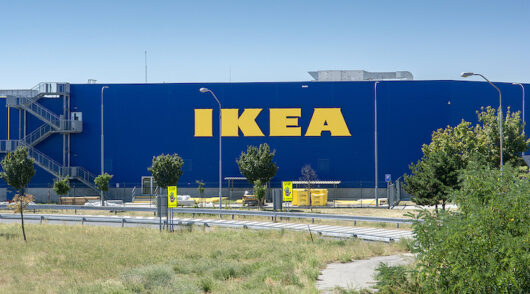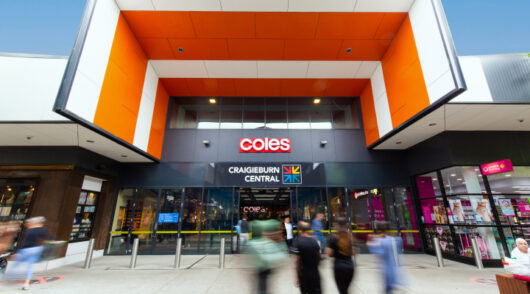Pre-pandemic, the power balance in retail leasing sat very much in the landlord’s favour. Retailers and industry bodies had been calling out for a major reset for years, as rents continued to escalate, out of step with modest growth in many categories.
If there was ever a ‘great reset’ event, gosh did we get it. The drive to e-commerce, covid relief legislation, months of forced store closures in major markets, and retailers closing their doors permanently throughout 2020-21, all contributed to heavy disruption in the retail leasing sector.
However, as the dust settles and we adapt to the current ‘living with covid’ conditions, it is difficult to see real change in retail leasing. Institutional landlords are pressed to recoup for the last two years, just as physical retailers began to recover. With recovery tempered heavily in 2022 by Omicron and flooding across NSW and Queensland.
The Dalai Lamas advice that ‘most real change is slow’ is a valuable mantra in the present market. There are meaningful ways to affect change and strengthen leasing portfolios, whether it be incremental resets or monumental change. From ensuring you are achieving fair market rates and relevant lease terms that reflect the current state of play, to measuring portfolio costs and value for the continued growth of your whole business.
Having a property team that are immersed in the market daily, and across the constant innovation and evolution of leasing terms is critical in ensuring a retail business remains viable. After Product and People, Property is typically the next largest operating cost for retailers, with occupancy costs, or ratio of rent to sales, anywhere from 3-30 per cent last year.
Franklin Shanks, Australia’s largest occupier-only commercial property advisory, negotiates retail leases every day and helps retailers manage their store portfolios to ensure they meet current demands, minimise risk and have inbuilt flexibility. Focusing on market-leading terms, “we introduced pandemic clauses into our client’s leases in April 2020 – well ahead of the national code, and we continue to seek creative solutions for cost savings and agility,” says Jaymie Rowland, Head of Retail.
Beyond rent and incentives, this year the Franklin Shanks team is seeing significant traction in refurbishment terms, break clauses, review mechanisms, outgoings audits and percentage revenue structures. These are proving areas of opportunity for retailers to build more robust leases that reflect the uncertain macroeconomic climate ahead and to weather potential storms better than pre-covid.
Whether you have an internal property team or – as often occurs – your leasing falls somewhere between operations, finance and an external legal firm, Franklin Shanks can help. The company provides an independent, highly experienced, and cohesive view of your property portfolio, helping you analyse, save, reduce exposure and sustainably grow your retail footprint. https://www.franklinshanks.com/our-services-3






